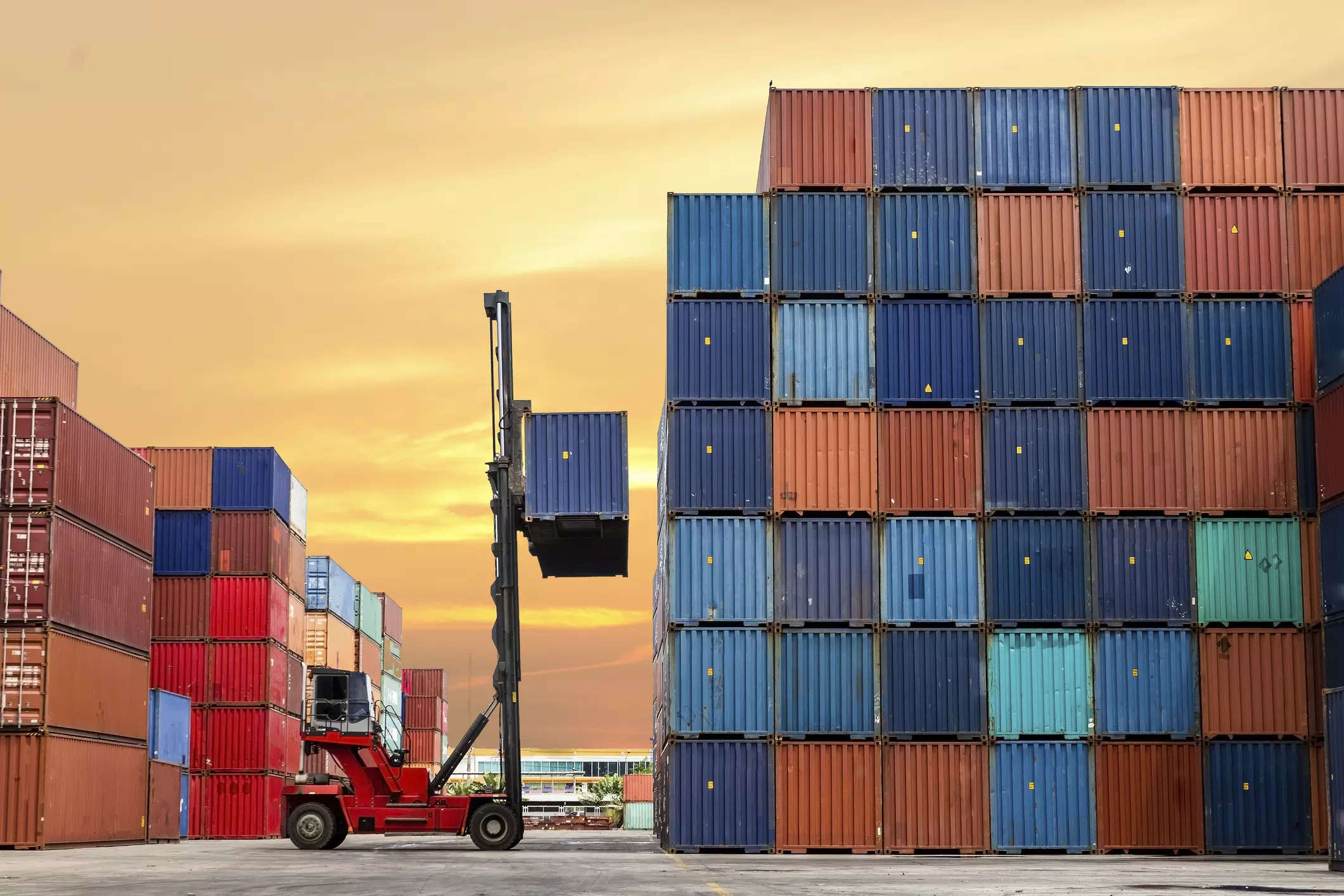
[ad_1]
The World Commerce Analysis Initiative (GTRI) stated that many nations, together with main commerce companions of India just like the European Union (EU) and the US proceed to declare Indian schemes as subsidies and “punish” exporters by charging countervailing duties.
America and the EU account for over 20 per cent of the nation’s whole outbound shipments.
At current, India is implementing many schemes to facilitate exports. These embody the Advance Authorisation Scheme (AAS), Export Promotion Capital Items Scheme (EPCGS), Obligation Disadvantage Scheme (DDS), the Remission of Duties and Taxes on Exported Merchandise (RoDTEP), Particular Financial Zones (SEZ), Export Oriented Models (EOUs); Pre-shipment and Publish-shipment credit banks, and Curiosity Equalization scheme (IES).
These schemes intention to boost Indian merchandise’ competitiveness within the international market.
GTRI Co-Founder Ajay Srivastava stated the EU and the US and plenty of others have regularly seen these schemes as subsidies, and imposed countervailing duties, neutralising the financial benefits India supplies to its exporters. The first rivalry of those nations is that these schemes violate the World Commerce Group’s (WTO) Settlement on Subsidies and Countervailing Measures (ASCM). “Confronted with these challenges, the Indian authorities wants a multi-pronged method and that features bettering the construction of export schemes; actively elevating disputes in WTO; resisting untimely withdrawals of schemes; and rationalising customs obligation construction,” he stated.
Presently, India’s common tariff or customs duties for industrial merchandise is 14.7 per cent, in comparison with the EU’s 4.1 per cent.
A lot of India’s export schemes, like SEZ, EOU, RoDTEP, and Disadvantage, exist due to such excessive import duties. Exporters use these schemes to both get a refund of duties paid or to be exempt from paying import duties.
“Decreasing import duties on inputs and capital items might reduce the necessity for a lot of of those export schemes,” it stated.
It additionally advised that to adjust to international commerce guidelines, India could make a number of enhancements in export schemes, like within the AAS a sturdy system must be put in place to hint uncooked supplies and guarantee their precise use in manufacturing.
In EPCGS, there’s a want to scale back import duties on choose capital items, complemented by low GST charges.
“In RoDTEP, common checks based mostly on precise inputs ought to be carried out to make sure compliance with WTO guidelines and stop extra funds. India additionally must actively increase disputes in opposition to them (the EU and the US) to counter or later discount. Doing this competently would require an expert setup akin to the US Commerce Consultant and a sturdy panel of consultants. Present setup lacks depth,” Srivastava stated.
He added that the federal government’s choice to terminate MEIS (Merchandise Export from India scheme) might need been influenced by the need to redirect funds to the PLI (Manufacturing Linked Incentive) scheme.
“With lower than 5 per cent of PLI funds (Rs 1.97 lakh crore) utilised in three years, many of the price range stays unused. Additionally the PLI advantages lower than 500 corporations or 1 per cent of MEIS’ 50,000 customers,” he stated.
“The Indian authorities wants a multi-pronged method to align export schemes with international commerce guidelines, together with refining subsidy calculations and enhancing compliance checks. The highway forward requires a balanced method, harmonizing home financial pursuits with international commerce obligations,” he stated.








